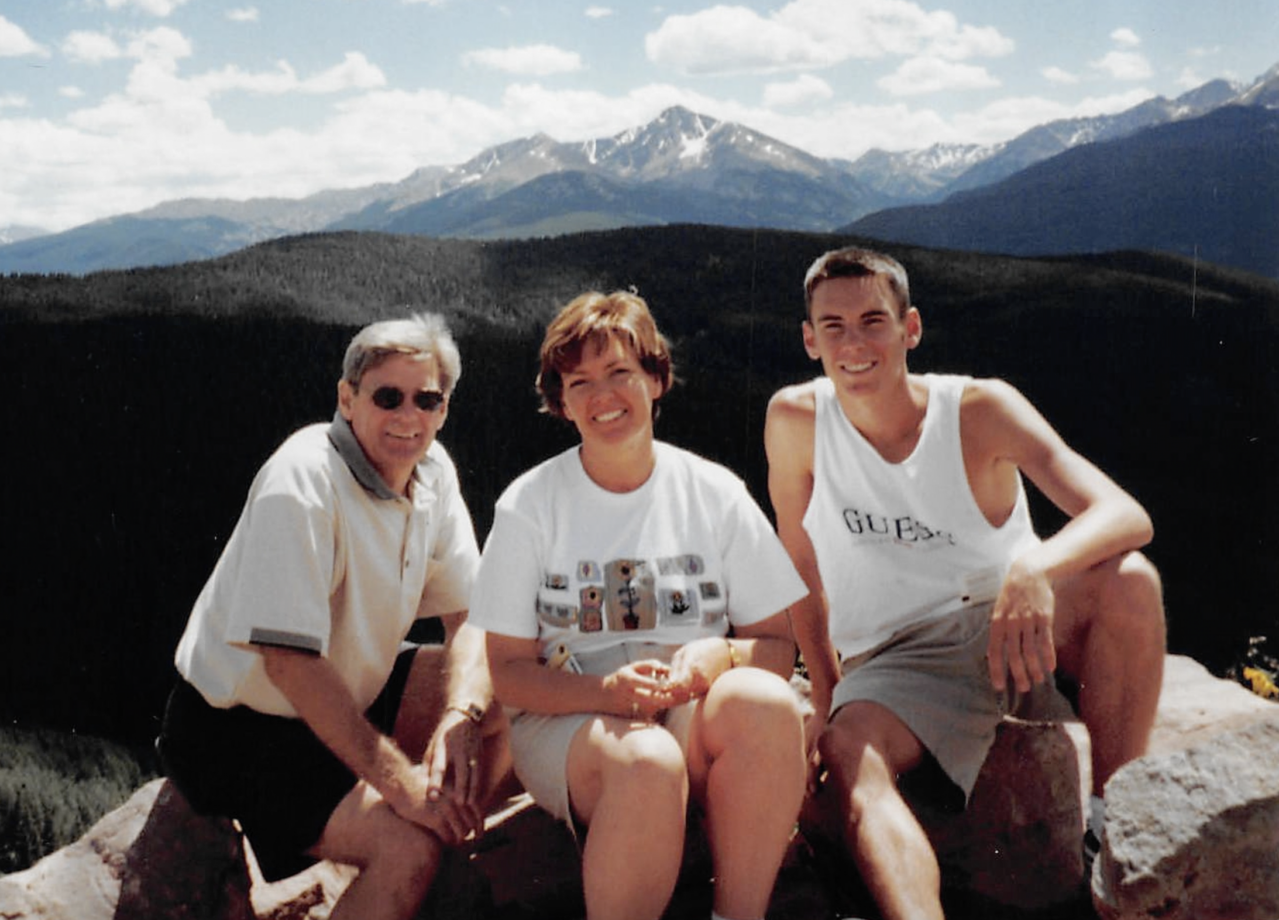I’m often asked why I became a workplace and regulatory investigator, and for years I answered that question broadly: I was looking for a new challenge, and a new opportunity presented itself. I’m a very private person. But the truth is, real-life experience is what really led me down this path.
I lost both my parents in my early 20’s. My dad’s final days were marked by medical care that left me with more questions than answers. With a sense of responsibility and a desire for clarity, I submitted complaints to two health regulators and became a plaintiff in a medical malpractice lawsuit. Both experiences were formative. I was treated with compassion and in a trauma-informed way by defence counsel at examinations for discovery but was not treated in a trauma-informed way by one of the regulatory investigators.
I’ve now conducted hundreds of investigations for regulators and employers, and my experience as a complainant has been invaluable in shaping how I do this work. It helped me understand the complex emotions that arise throughout the complaints process, and how those emotions impact behaviour.
The concept of showing respect and professionalism to everyone involved in an investigation may seem rather straightforward, but in my years in this industry, I’ve encountered many scenarios where investigators have failed to do this. This often leads to a poor interview outcome, allegations of bias, and/or negative feedback to the investigator’s client. It also increases the risk of re-traumatizing an interviewee.
Empathy, Courtesy, and Professionalism
No matter how a participant conducts themselves, or what their role is in the investigation, it’s important that investigators display patience, empathy, courtesy, and professionalism toward everyone involved. Our ability to conduct interviews with calm, impartial professionalism impacts the likelihood of a participant being forthcoming and willing to share their experience.
Investigations can be traumatic for any participant, including respondents. We don’t know how events in a person’s life have shaped them and their perceptions, and we can’t fully know how a respondent feels about or has been impacted by the investigation. What we do know is that a respondent is considerably more likely to engage openly and honestly when they’re treated with respect, professionalism, and empathy.
As investigators, we’re just as human as anyone else; we may experience frustration, dissatisfaction, or impatience over the course of an interview, but it’s essential that we notice how we’re feeling, check our biases, and not display outward reactions, as they can make participants feel judged or devalued, and potentially less willing to share their experience or participate in the interview.
Being empathetic, courteous, and professional doesn’t prevent us from challenging someone’s evidence. In fact, this approach creates an environment where we can challenge discrepancies, inaccuracies, and evidence in a respectful yet rigorous manner that encourages engagement.
Clients retain us to uncover facts so that they can make informed decisions. It’s our responsibility to do this thoughtfully and sensitively.






